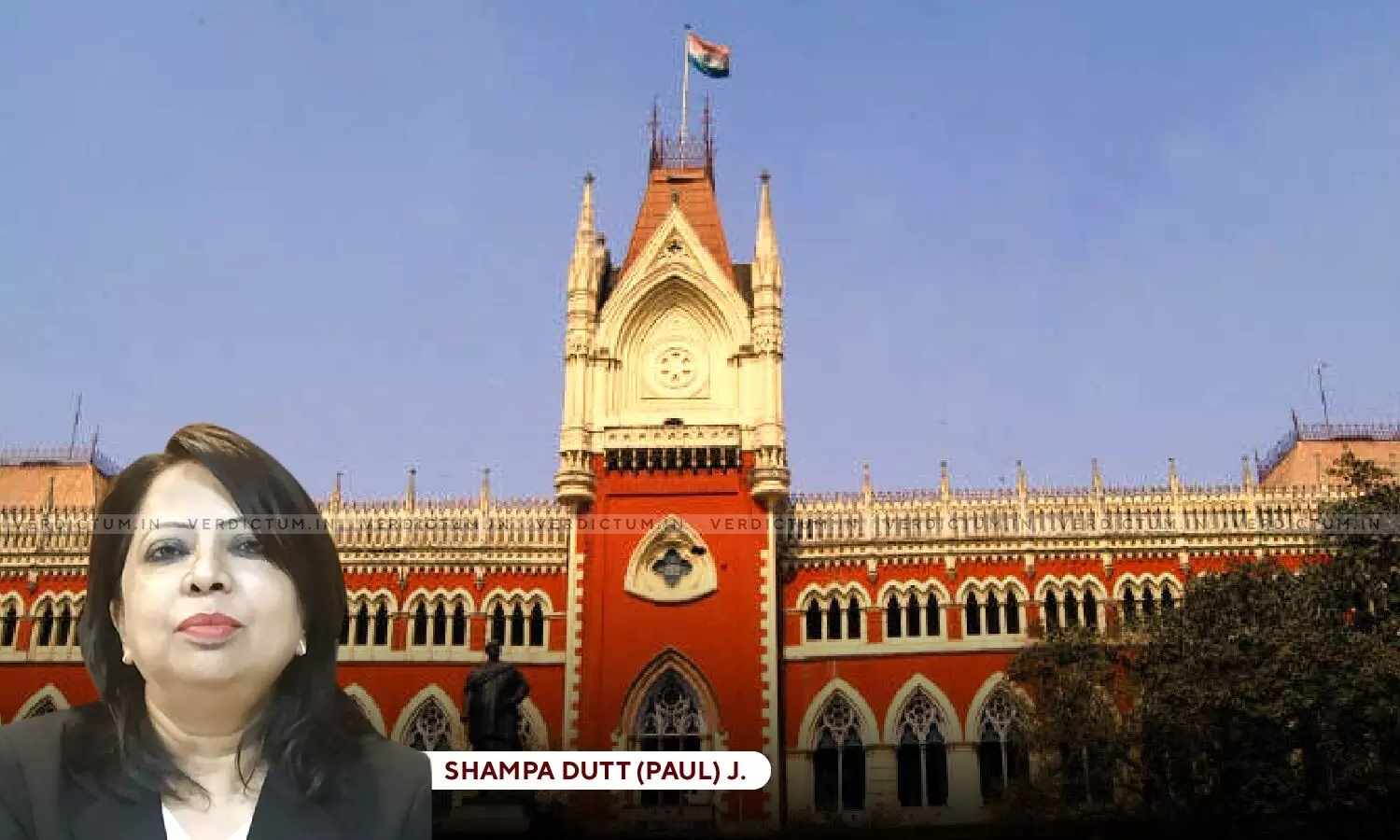
Mother’s Testimony In Child Rape Cases Is Best Evidence Before Court: Calcutta HC Upholds Rape Conviction
 |
|The Calcutta High Court while upholding rape conviction has emphasized the substantial credibility of a mother's testimony in cases related to Child Sexual Abuse under Section 376 of the Indian Penal Code (IPC).
The Court observed the profound love and concern that a mother has for her young and defenseless child. A mother serves as a steadfast protector, dedicated to shielding her child from harm, the Court noted. The Court dismissed the Criminal Revision Appeal filed by an individual convicted of raping a 3-year-old child.
Justice Shampa Dutt (Paul) observed, “A mother’s evidence in a case of this nature is the best evidence before the Court. As truthful and sacred as the love in her heart for her tender helpless child of 3 years. A mother is the shield which protects her child against any harm that may befall upon the child. Cases of such nature do not come with eyewitness/eyewitnesses and one should not expect the same, as such acts are done in private, being against nature and the law”.
Advocate Apalak Basu appeared for the Appellant and Advocate Anusuya Sinha appeared for the Respondent.
A complaint was filed by Morgina Bibi alleging that the Appellant called the complainant’s 3-year-old daughter into his room when no one else was present. She contended that the appellant sexually assaulted the child. She claimed to have rescued her daughter, and a crowd had gathered after hearing her cries. The Trial Court convicted the Appellant under Section 377 of the Indian Penal Code (IPC), sentencing him to 7 years of rigorous imprisonment and a fine of Rs. 5,000, with a 3-month simple imprisonment term in case of default. The Appellant challenged the decision before the High Court. The Appellant contended that the independent witnesses failed to support the prosecution's case, no injuries were found on the victim's body, and the complaint was motivated by a previous grudge. Additionally, the Appellant claimed that the examination under Section 313 of the Criminal Procedure Code (CrPC) was illegal and violated principles of natural justice.
“The evidence, statement under Section 164 Cr.P.C., and the written complaint of this witness are in consonance and there does not appear to be any discrepancies thus reliable and trustworthy, beyond all reasonable doubt”, the Court noted.
The Court referred to the case of Lohana Vasantlal Devchand & Ors. vs. The State (1967 SCC Online Guj 22). The Court noted that the Appellant's actions meet the criteria for constituting the offence under Section 377 of the IPC, and the prosecution has successfully proven these elements beyond reasonable doubt through both oral and documentary evidence.
Accordingly, the Court dismissed the Appeal and directed the Appellant to surrender before the Trial Court within a week from the date of the order.
Cause Title: Asgar Ali v. The State of West Bengal & Anr.